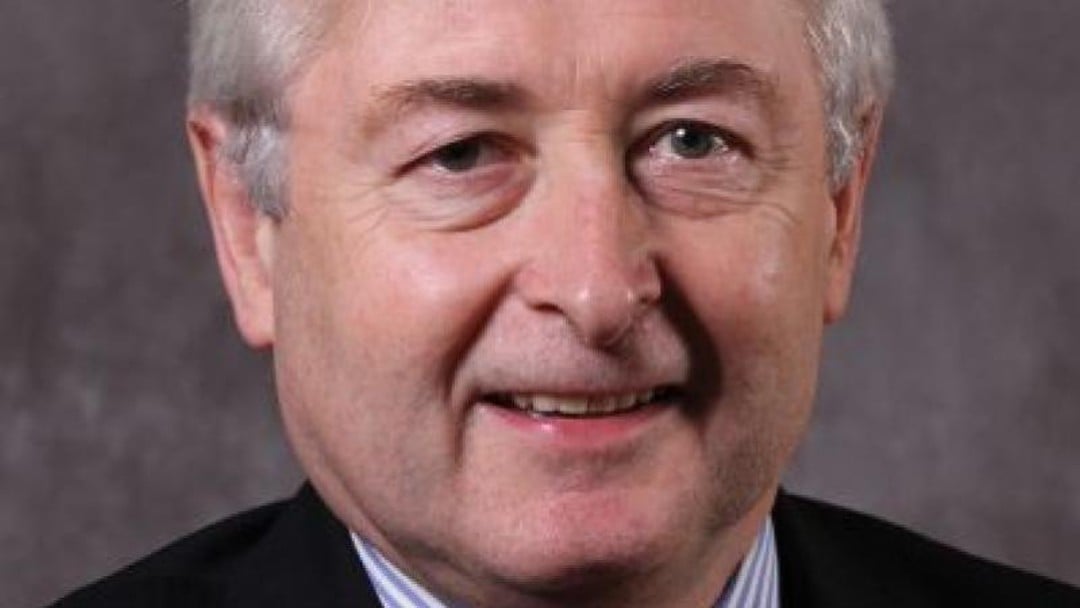QOCS likely to be extended, Ramsey J says

Means testing would apply to areas other than personal injury
It is likely that qualified one-way costs shifting (QOCS) will spread to other parts of the civil justice system, Mr Justice Ramsey said this morning.
Earlier this year justice minister Lord McNally told peers during a committee stage debate on the LASPO bill that the government had no plans to extend QOCS to areas such as defamation or professional negligence.
Former justice minister Jonathan Djanogly announced in July that means testing would not apply in personal injury cases.
Speaking at the Expert Witness Institute annual conference, Mr Justice Ramsey said it was 'likely that it [QOCS] will spread to other parts of the system, but it is likely to be means tested.'
The judge in charge of implementing the Jackson reforms said everyone with a personal injury case would be able to rely on QOCS unless there had been fraud or misconduct.
He said claimants would no longer need ATE because they were not liable for the other side's costs.
Ramsey J said that if ATE insurance was available 'in any event' after 1 April 2013, the cost may be 'driven down' by non-recoverability of premiums.
He said the Jackson reforms should be seen not as a replacement for conditional fees, but as a 'fair and more proportionate way of funding costs'.
He said the new definition of what constituted 'proportionate' costs for the first time included the value of the claim.
'This is a major change which has to involve the judiciary in making sure it is applied,' Ramsey J said.
'How it is applied over the coming years will determine, to a large extent, the success or failure of the reforms.'
He said the most important reform was the attack on conditional fees and ATE premiums, which 'jack up' the cost of litigation.
Mr Justice Ramsey said that, when making costs orders, he had come across one ATE premium of £25,000 to cover £25,000 of costs.
He warned experts that costs management was a 'discipline that we have to get used to'.
'The idea of costs management is that a budget is produced and the court has to decide what is proportionate,' Ramsey J said.
'The situation now is that when you come to costs, it's too late. You've spent all the costs by the time of a detailed assessment.'
Mr Justice Ramsey said it was no longer acceptable to have an 'open cheque book' on expert evidence.
In the same way, he said solicitors had to be able to identify what the issues were in a case, rather than saying to experts: 'Investigate this, I haven't got a clue what is going on.'
Ramsey J added that the Jackson reforms were 'as challenging in terms of experts and expert fees as they are for solicitors and others'.
Lord Faulks, the Conservative backbench peer, told experts that when he first saw the LASPO bill his 'heart somewhat sank'.
While he regarded much of the bill as 'architecturally a mess', which suffered from 'lack of a clear narrative', he said Part II of the bill, which dealt with the Jackson reforms, was 'very coherent'.
Lord Faulks said the reforms amounted to a 'quite radical' change.
'It will need fine tuning over the years,' he added.

